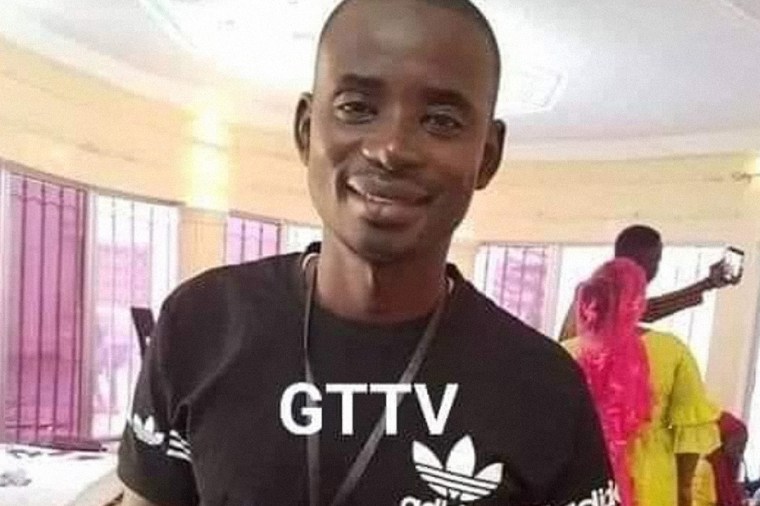On June 21, 2020, officers of Gambia’s anti-crime police unit detained Ebou N. Keita, an editor and camera operator with the privately owned Gambian Talents Television broadcaster, for photographing police arresting people protesting the country’s COVID-19 restrictions, according to Keita and Gambian Talents Television founder Pa Ousman Joof, both of whom spoke to CPJ via messaging app.
Keita told CPJ he was on his way to work in Kombo Central, a district in the west of the country, when he saw police arresting drivers who were protesting restrictions on their work as part of the country’s pandemic lockdown. He said he took photos and video of the arrests because he believed it would be a good news story.
A police officer asked Keita to stop reporting and to leave the area; as he was leaving, another officer stopped him, took his phone, tied his hands with an elastic cord, and took him to a police station in Abuko, a nearby town, he said.
Keita told CPJ that his hands were bruised by the elastic, but added that the pain has since subsided. The police officers also took Keita’s identification card and threw it in his face, Joof told CPJ.
After several hours in detention, police officers returned Keita’s phone and he called his colleagues for help, Joof told CPJ. Fatou Samba, the country director of Gambia Talents Television, soon arrived at the station with another journalist, Isatou Jallow, to help secure Keita’s release and report on his arrest, Joof told CPJ.
After his colleagues arrived, police blocked Jallow from filming Keita and then transferred the journalist to another nearby police station in Bundung, an area outside Gambia’s capital, Banjul, and then transferred him again to a station in the nearby Sukuta area, Joof told CPJ.
Keita told CPJ that the officers threatened to charge him with disruption of police duties, but then Saikou Jammeh, secretary of the local trade group the Gambia Press Union, intervened and told police that an unarmed journalist could not obstruct armed police officers.
Police released Keita without charge about six hours after he was first detained, he told CPJ. Joof told CPJ that he believed that Gambia Talents Television’s live broadcast on Facebook about Keita’s situation prompted the officers to release the journalist.
Gambian police spokesperson Lamin Njie told CPJ via messaging app that he was not aware of the arrest and would look into the matter.
[Editors’ note: This article has been changed to correct the spelling of Gambia Talents Television.]
